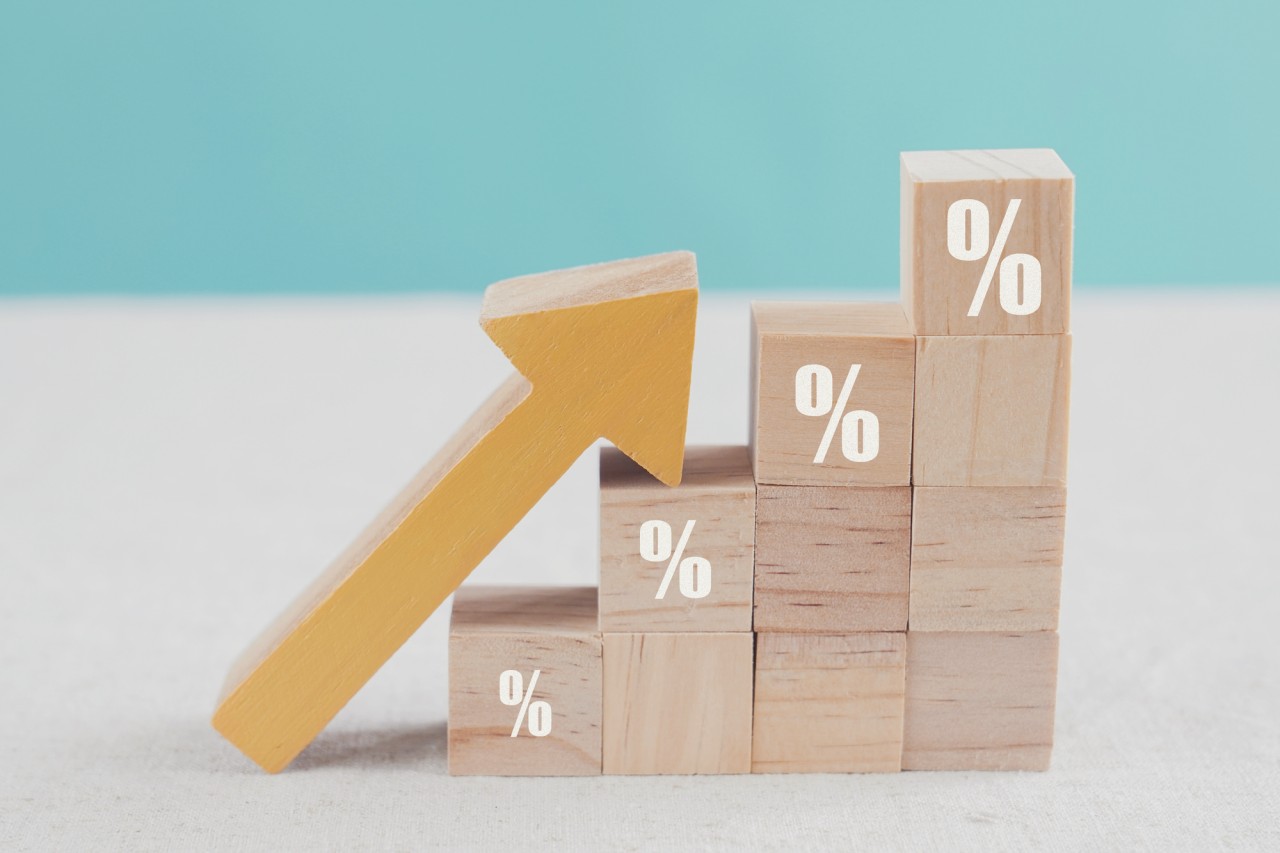Understanding Inflation
Inflation causes prices of goods and services to increase. Consumers can purchase fewer goods per dollar, input prices go up and revenues and profits go down. If economic growth accelerates very rapidly, demand grows even faster, and producers raise prices continually. In all, this action, slows down the economy so that supply & demand can recoup and become stable again. So, we understand on a base level what this does to our pocketbook but what does it mean for our savings and investments.
Generally, inflation erodes the value of investment returns over time, and investors look for markets with lower inflation rates. Equities have often been a good investment relative to inflation over the very long term, because companies can raise prices for their products when their costs increase in an inflationary environment. Higher prices may translate into higher earnings. However, over shorter time periods, stocks have often shown a negative correlation to inflation and can be especially hurt by unexpected inflation. When inflation rises suddenly or unexpectedly, it can heighten uncertainty about the economy, leading to lower earnings forecasts for companies and lower equity prices. Areas of equity markets that tend to do better during inflationary periods are value driven stocks, financials, energy, and overseas stock options. With bonds, inflation-linked bonds and floating rate notes offer adjusting coupons so that interest rates rise (the main tool to control inflationary conditions) they can reset periodically.
While inflation in the short-term can be painful, it is important to understand that it is a vital part of the overall economic cycle. As investors, it is important to maintain a long-term perspective and be prepared to be nimble in order to adjust to changing economic conditions. To learn more or discuss investment and inflation further please contact us.
About the author
Athena K. Stone has been with Attentive Investment Managers, Inc. since 2003, is an Investment Advisor and the Chief Compliance Officer for the company. Mrs. Stone earned her Chartered Retirement Planning Counselor (CRPC) designation in 2010 from the College for Financial Planning. She received the designation of Accredited Investment Fiduciary (AIF) from Fi360 in 2011. She earned her Bachelor of Arts Degree in Organizational Leadership from Brandman University in 2012 and her Master of Science in Financial Planning and Designation of MPAS (Master Planner Advanced Studies) from the College for Financial Planning in 2018.
By accepting you will be accessing a service provided by a third-party external to https://www.attentiveinv.com/

Comments